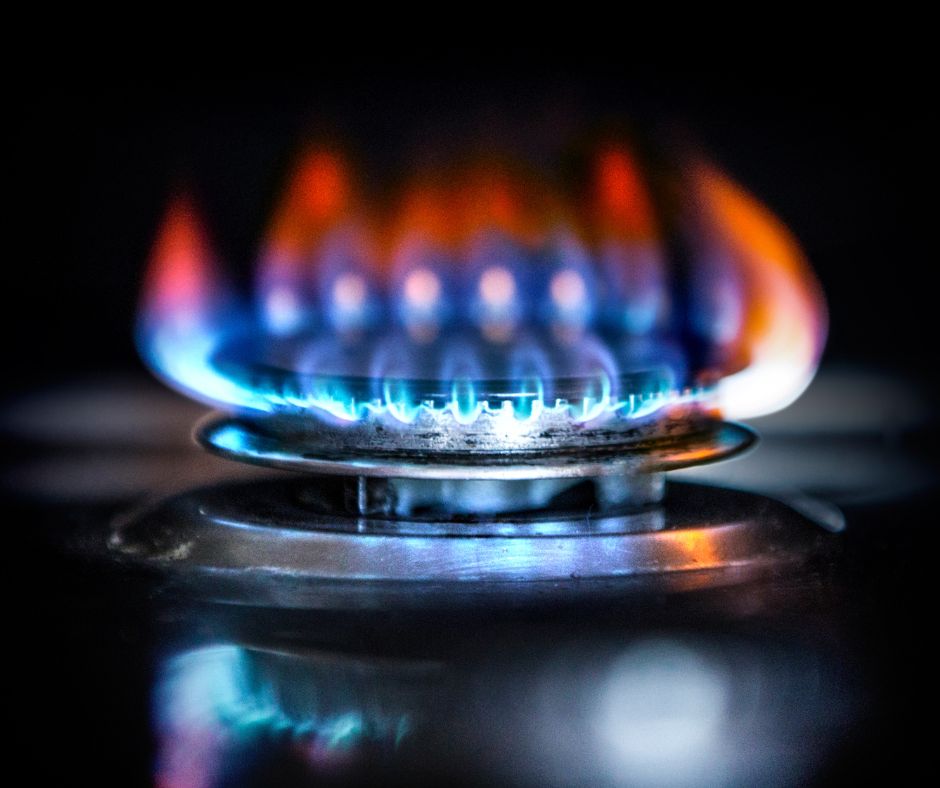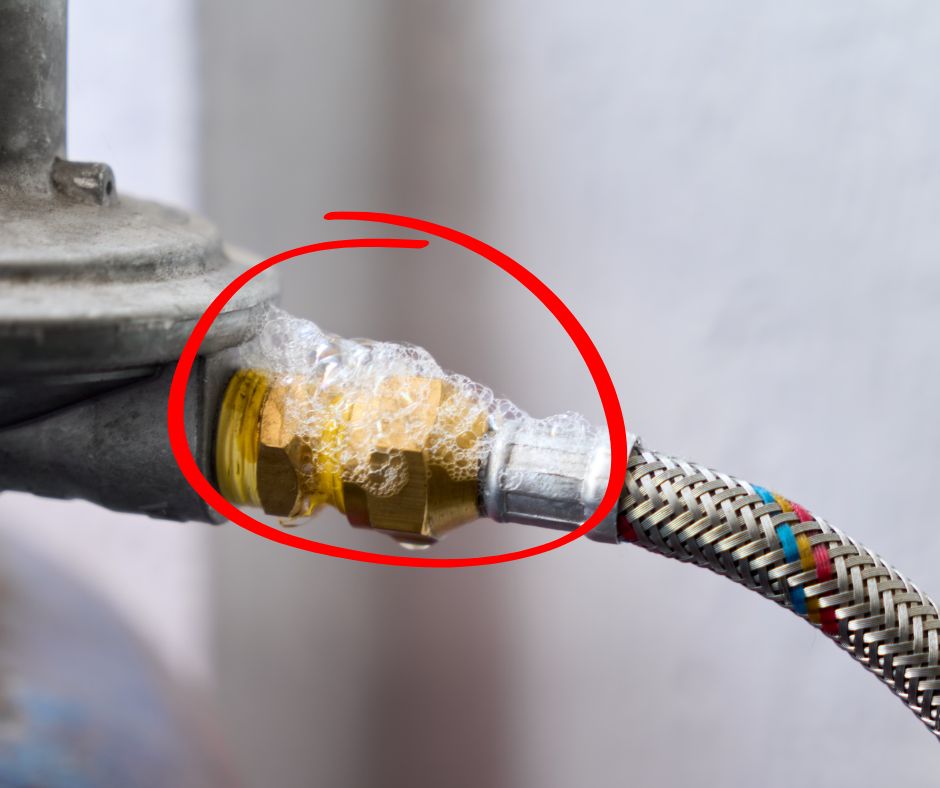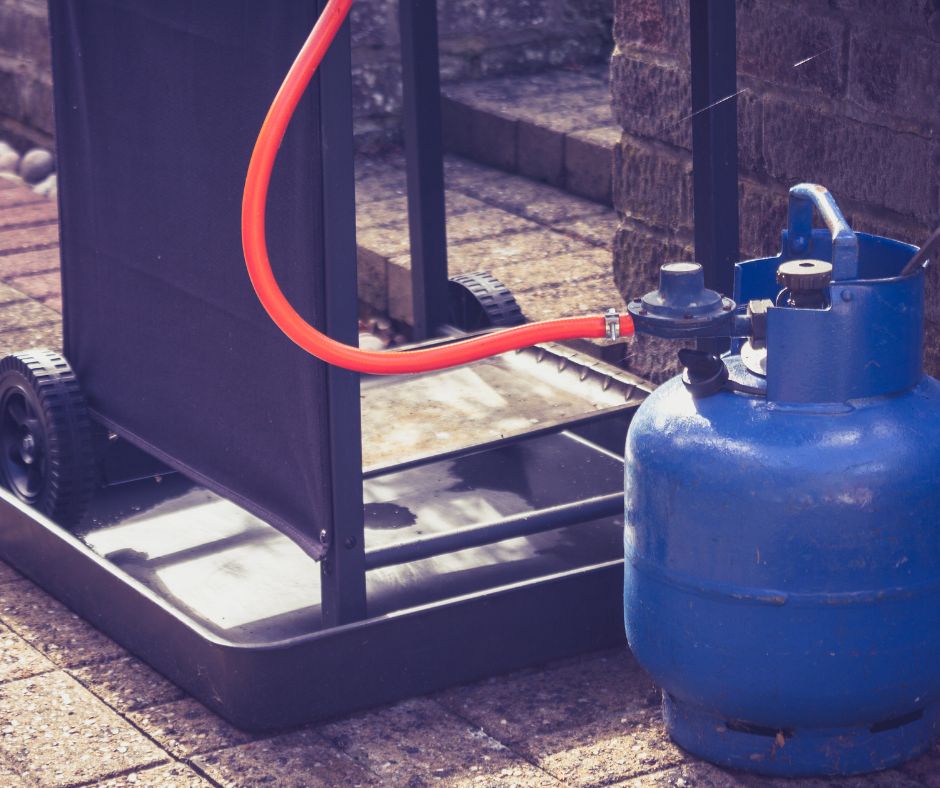Essential Steps to Identify Gas Leak Indicators in Your Home for Optimal Safety
It is crucial to identify the prevalent signs of a gas leak in order to protect yourself and those around you. If you detect a strong odour similar to rotten eggs, hear a hissing or whistling noise near your gas appliances or pipes, witness yellow or orange flames instead of the usual blue, or experience frequent, unexplained headaches or dizziness, these could all be significant warning signs of a gas leak. Additionally, look for any wilting plants close to outdoor gas lines, as this may indicate a serious issue. Should you encounter any of these concerning indicators in your Wollongong residence, it is imperative to turn off your gas supply at the meter, open windows to ensure ventilation, and promptly reach out to a licensed gasfitter for expert assistance.

When to Seek Professional Help from a Gasfitter for Emergencies
Encountering a gas leak is a grave matter that requires immediate action; do not hesitate. A single spark can transform a typical home environment into a perilous situation. Gas leaks may arise from various causes, including defective connections, aging appliances, or even corrosion in buried gas lines. Quick identification and timely intervention are essential to prevent injuries, damage to property, or even catastrophic outcomes. Homes in Wollongong, particularly those equipped with older gas heaters or inadequately ventilated systems, are at heightened risk if their gas systems are not routinely inspected. This comprehensive guide will equip you with the necessary knowledge to identify a gas leak, the immediate actions to undertake, and the right moment to contact a licensed gasfitter for urgent repairs.
Key Indicators of a Gas Leak in Your Home That You Should Never Ignore
1. Detecting the Characteristic Smell of Rotten Eggs
Natural gas is odourless in its pure state; however, suppliers intentionally add a compound called mercaptan, which releases a strong, sulphur-like odour, to assist in detecting leaks. If you suddenly become aware of a distinct smell resembling rotten eggs, it is imperative to take this warning seriously. This unmistakable scent acts as an immediate alert that gas might be leaking in your home, necessitating prompt action to ensure the safety of all occupants.
2. Listening for Hissing or Whistling Noises Near Gas Appliances
A common indicator of a gas leak can be the sound of gas escaping under pressure from a pipe or a hose, often producing a soft yet noticeable hissing noise. Should you hear such sounds in proximity to your gas appliances or near gas lines, it could signify a leak. Always remain vigilant and investigate any unusual sounds, as they may represent a critical safety risk that requires immediate professional assessment.
3. Observing Flames with Unusual Colours in Your Appliances
Gas cooktops and heaters are designed to burn with a clean, bright blue flame. If you notice that the flames are yellow or orange, or if they flicker erratically, this could indicate incomplete combustion, possibly caused by gas leaks or blockages within the system. Recognising such abnormal flame colours is an essential warning sign that something is amiss with your gas appliances, and it demands immediate investigation to prevent further complications.
4. Noticing Unexplained Physical Symptoms Among Family Members
If you or your family members frequently experience headaches, dizziness, nausea, or fatigue while indoors, these physical symptoms could be indicative of gas exposure or a buildup of carbon monoxide in a confined space. Such reactions are serious and should not be dismissed lightly. It is vital to recognise these symptoms and take the appropriate precautions, as they may signal a hazardous situation that requires urgent attention from a licensed gasfitter.
5. Observing Wilting Houseplants or Declining Outdoor Vegetation
Gas leaks that occur near outdoor gas lines or under slab connections can lead to the gradual deterioration of nearby plants and vegetation. This occurs because the escaping gas displaces oxygen in the soil, making it challenging for plants to thrive. If you observe wilting or dying houseplants or outdoor plants near these areas, it may suggest a gas leak that requires immediate evaluation by a qualified professional.

Essential Steps to Follow If You Suspect a Gas Leak
1. Immediately Shut Off the Gas Supply
Locate your gas meter and turn the valve clockwise to halt the gas supply to your home. This valve is usually positioned on an exterior wall, either at the front or side of the property. Acting swiftly at this juncture is crucial for ensuring safety.
2. Avoid Using Electrical Devices
Refrain from turning on lights, appliances, or any electrical outlets. Even a minor spark from an electronic device can ignite leaked gas, leading to potentially disastrous outcomes. Maintain a safe distance from any electrical sources until the situation has been evaluated.
3. Open All Windows and Doors for Sufficient Ventilation
Ensuring adequate airflow is vital for reducing the dangers associated with gas accumulation. Open all windows and doors to promote fresh air circulation; cross-breezes are particularly effective in dissipating accumulated gas. This step is essential for lowering the concentration of gas in the surrounding air.
4. Avoid Attempting Repairs Yourself
Only licensed gasfitters are legally permitted to repair or reconnect gas systems in NSW. Any attempt to tamper with the system can introduce additional risks and may invalidate your insurance policies. It is crucial to entrust repairs to qualified professionals who possess the requisite expertise and training.
5. Contact a Licensed Gasfitter Without Delay
If you suspect a gas leak, reach out to a licensed gasfitter for emergency response services in Wollongong and its surrounding suburbs. Contact CS Plumbing’s licensed gas services or our 24/7 emergency plumbing team for prompt and professional assistance.
Comprehending Compliance with NSW Gas Safety Regulations for Your Home
In New South Wales, all gasfitting work must conform to the Gas and Electricity (Consumer Safety) Act 2017, which guarantees that the highest safety standards are maintained. All gas work must be carried out by a licensed gasfitter to comply with these vital regulations.
After any regulated work has been conducted, it is advisable to request a Certificate of Compliance to confirm that all safety standards have been adhered to. As a homeowner in Wollongong, you bear the legal responsibility for ensuring that your gas appliances and installations are maintained and repaired solely by licensed professionals.
Proactive Measures to Prevent Future Gas Leaks in Your Home
- Schedule annual gas safety inspections, particularly before the winter heating season.
- Replace aged flexible gas hoses and bayonet fittings that show signs of cracking or brittleness to prevent leaks.
- Ensure vents and exhausts are unobstructed to guarantee proper airflow.
- Regularly check for corrosion on outdoor connections, especially following heavy rainfall or exposure to coastal environments.
- Utilise only branded, certified gas appliances to ensure maximum safety and efficiency.

The Article: Detect and Respond to a Gas Leak in Your Wollongong Home first appeared on https://writebuff.com
The Article Gas Leak Detection and Response for Your Wollongong Home Was Found On https://limitsofstrategy.com

